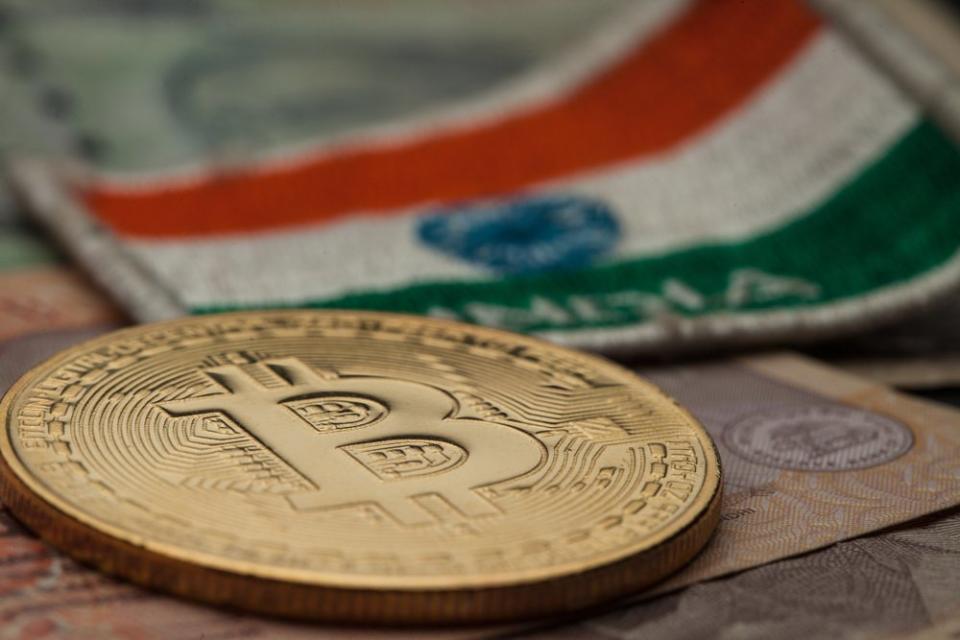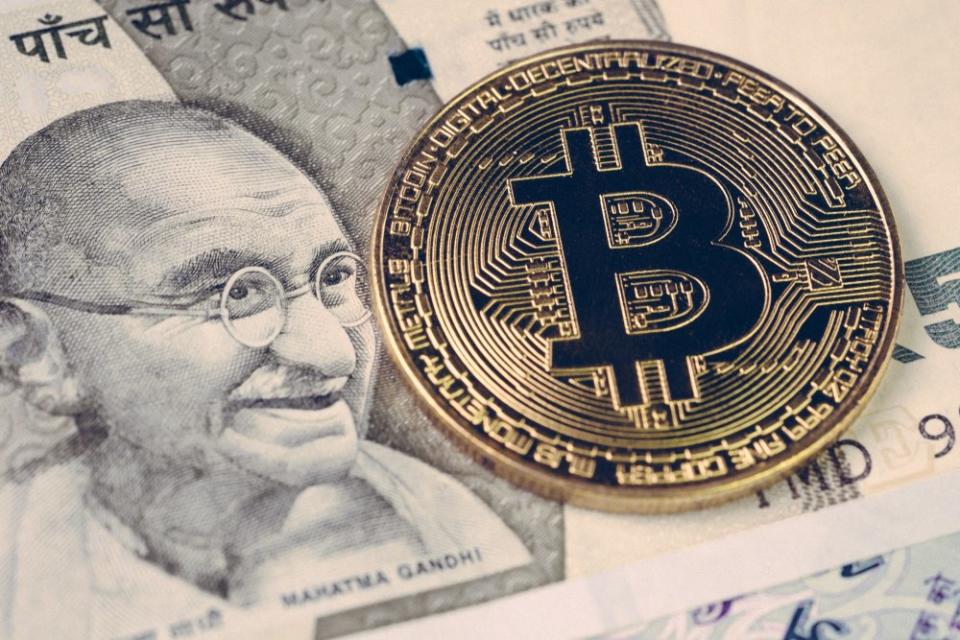Why India’s Bitcoin ‘Ban’ Could Disappear after March 29 Hearing

Since July 2018, due to a circular released by the Reserve Bank of India (RBI) in April, local banks were prohibited from dealing with bitcoin and cryptocurrency exchanges by the central bank.
Last month, the Supreme Court of India provided the government four weeks to draft a cryptocurrency regulatory framework, which would decide the legal landscape of the cryptocurrency market in India for the foreseeable future.
Depending on the outcome of the March 29 hearing set to occur four days from now, the future of the bitcoin and cryptocurrency exchange market of India will be decided.
Unpacking India’s Backdoor Bitcoin Ban
India implemented a backdoor ban on conventional crypto trading by making it nearly impossible for bitcoin exchanges to access financial services. | Source: Shutterstock
The usage of cryptocurrencies like bitcoin and ethereum is not banned or prohibited in the country. Only local banks working with the central bank, which essentially is the overwhelming majority of the banks in the country, are not permitted to work with cryptocurrency exchanges.
Hence, while it may be in the regulatory grey area, it is not against the law for cryptocurrency traders to buy or sell bitcoin through local over-the-counter (OTC) exchanges and peer-to-peer trading platforms using cash, as long as it does not involve local banks.
“If Zebpay bank accounts are disrupted, rupee deposits and withdrawals will become impossible…[However] Crypto deposits and withdrawals are continuing as usual. The RBI circular only talks to banks, and other regulated entities about shutting accounts. This doesn’t affect BTC and other cryptos,” local exchange Zebpay said at the time.


